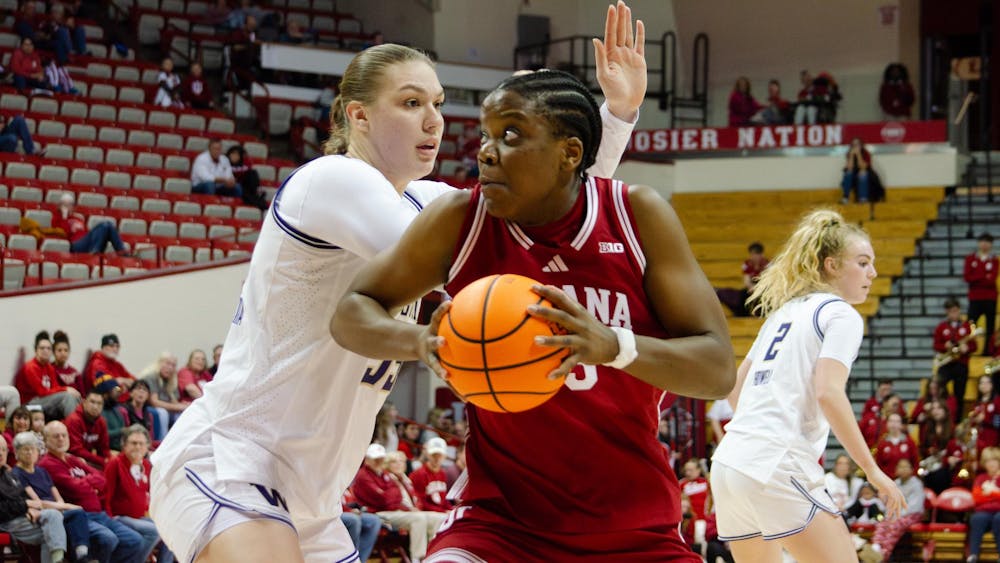Virtually no one disputes that two planes crashed into the twin towers of the World Trade Center on Sept. 11, 2001.\nIt's everything that occurred before and after the event that's open to debate for some.\nLeading the discussion of alternative theories about what happened that sunny September morning is a group that calls itself Scholars for 9-11 Truth.\nScholars for 9-11 Truth is a "nonpartisan association of faculty, students and scholars, in fields as diverse as history, science, military affairs, psychology and philosophy, dedicated to exposing falsehoods and to revealing truths behind 9-11," according to the group's Web site.\nThe group was founded in December 2005 by James H. Fetzer, a professor emeritus of philosophy at the University of Minnesota at Duluth and former Marine Corps officer.\n"The greatest thing an academic fears is being embarrassed," Fetzer said. "Most faculty I run into say they'd never run the risk of doing something like this. These are people who are putting all their chips in the pot here because they care about truth, science and country." \nBased on his own research and the research of other members of Scholars for 9-11 Truth, Fetzer has come up with a far-reaching alternative theory of the events that made up the terrorist attacks of Sept. 11.\nFirst, he said it was not the impact of two Boeing 767s that brought down the two towers.\n"The World Trade Center was designed to withstand the impact of a Boeing 707," he said. "That's very comparable proportionally to a 767."\nFetzer said he believes the fires in the towers did not burn hot enough or long enough to bring down the towers.\nInstead, he proposes that a group, apparently working for the U.S. government, set up explosive charges in the buildings several weeks before Sept. 11, and it was those charges that brought down the towers.\n"There were unusual security lapses two weeks before," he said. "(Government officials) shut down sections of the building and shut down cameras under the pretext of upgrading communication cables. That had never happened before."\nFetzer's theories don't end with what happened in New York. He said he believes United Airlines Flight 93 that crashed in Pennsylvania was not brought down by passengers attacking the hijackers, but rather by jet fighters scrambling to thwart the aircraft from attacking a landmark.\nHe also proposes that it was either a missile or a smaller plane that crashed into the Pentagon.\n"There's no wreckage from a Boeing 757 there," Fetzer said. "No fuselage or seats or bodies were ever found there. In the tapes released by the Pentagon, you can't see a 757 in the video tapes, and (the plane) is 71 feet high."\nHe also says the Boeing 757 is not physically capable of hitting the Pentagon in the way that it did.\nMarc Bogonovich is a graduate student in the biology department and a student member of Scholars for 9-11 Truth. He does not share all of Fetzer's beliefs about what happened Sept. 11 but said he thinks that there are enough inconsistencies about the attacks that more research needs to be done.\n"I think it's best to say I honestly don't know," he said. "I don't know what happened. It would be unexpected to me if the government was not complicit in the events, though. Though it wouldn't shake my world if it wasn't."\nHe said students sometimes approach him after class because of his involvement with the group.\n"Students come up to me, and they're aware of my involvement," he said. "They tend to be sympathetic to the 9/11 truth movement. ... I'm surprised there's not more members at IU."\nThe number of people who believe the government had something to do with the Sept. 11 attacks is significant. A Scripps Howard/Ohio University poll of 1,010 adults this summer found 36 percent of respondents suspected the government planned the attacks or allowed them to happen.\nBut why would the government go to such lengths and kill more than 3,000 people? Fetzer said he believes it helped grease the wheels of a new U.S. foreign policy strategy in the Middle East.\n"There's a huge number of reasons," he said. "It was important for the president to move the Patriot Act through without Congress reading it. It gave the administration the chance to launch offensives in Iraq and Afghanistan, to build an oil pipeline through Afghanistan and use Iraq as a base in the Mideast."\nFetzer readily admits that his ideas and research make up a conspiracy theory, a label many researchers dread, but he said his theory is no less credible than the one presented by the government.\n"The government offers its own theory that's a conspiracy theory in which 19 Islamic fascists outsmarted the best defense system in the world under the direction of a guy in a cave in Afghanistan," he said.\nSome academics believe Sept. 11 conspiracy theories do not deserve the kind of attention they are receiving.\n"There is a long and deep tradition of conspiracy theories in American politics, and this is the latest incarnation," political science professor Russell Hanson said in an e-mail interview. "That angle, and not the veracity of claims, is being played in the 'mainstream media.' Personally, I don't place much stock in the theory, and I don't know anyone who does."\nIU India Studies Director Sumit Ganguly views conspiracy theories as a defense mechanism to help people deal with traumatic world events.\n"As a general rule, I am disinclined to believe conspiracy theories which seem to abound in American political life when catastrophic events (occur), such as the Japanese attack on Pearl Harbor or the assassination of President Kennedy," he said in an e-mail interview. "These events are so troubling that many individuals take refuge in conspiratorial beliefs to explain them."\nUniversities are beginning to strike back at professors who hold controversial views about Sept. 11. Last week Brigham Young University put Steven E. Jones, cochair of Scholars for 9-11 Truth, on paid leave.\nA spokeswoman for Brigham Young University told the Chronicle of Higher Education the decision was based on the "increasingly speculative and accusatory nature of statements being made by Dr. Jones regarding the collapse of the World Trade Center," as well as concerns that his work was not being published in the proper venues.\nStill, Fetzer said he believes the work he and other members are doing is worth the risk of losing their careers.\n"We are honoring the victims of 9/11 in the highest possible form by caring enough to ask how they died and why they died," he said.
Group seeks 'truth' about 9/11 attacks
Get stories like this in your inbox
Subscribe





